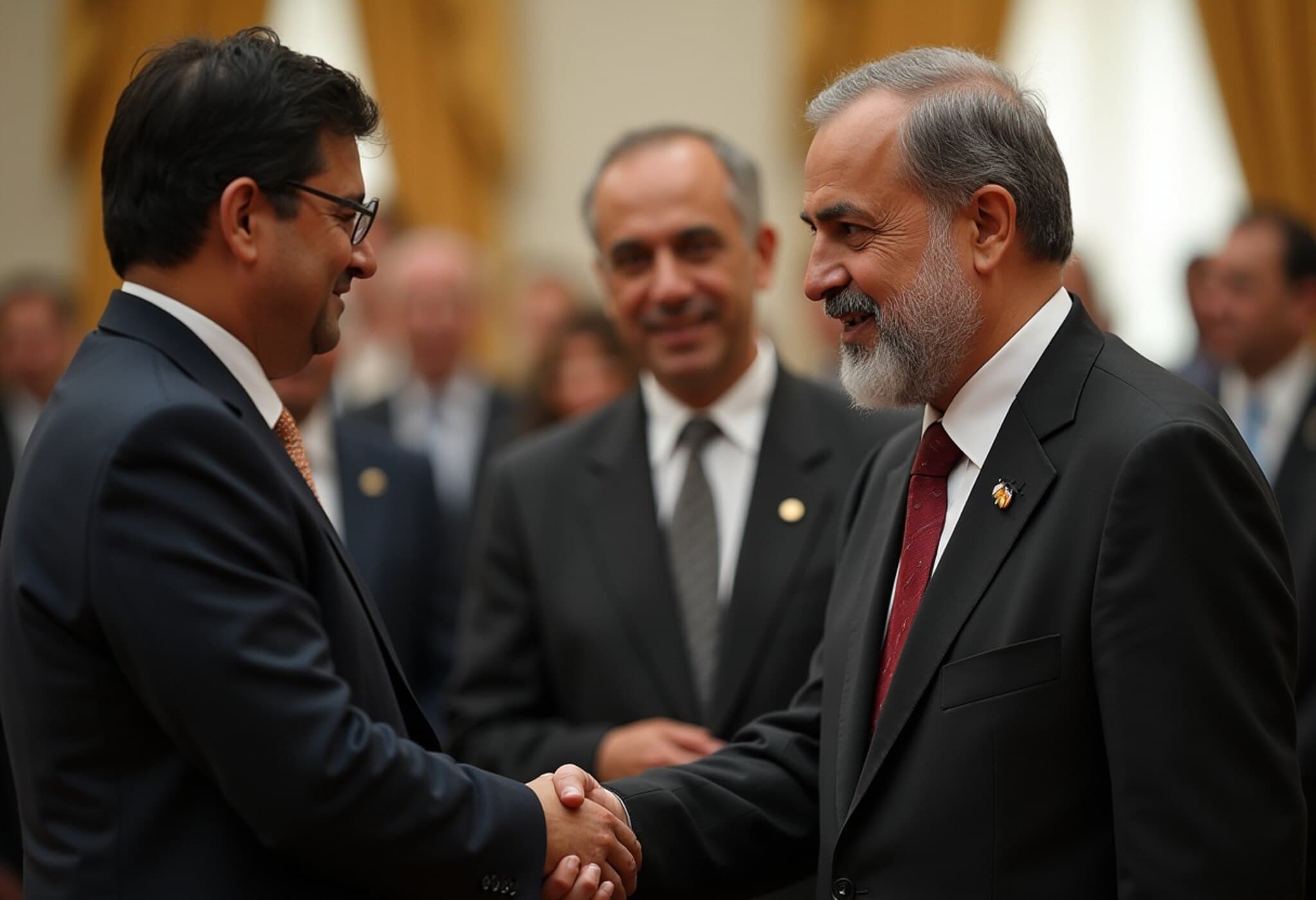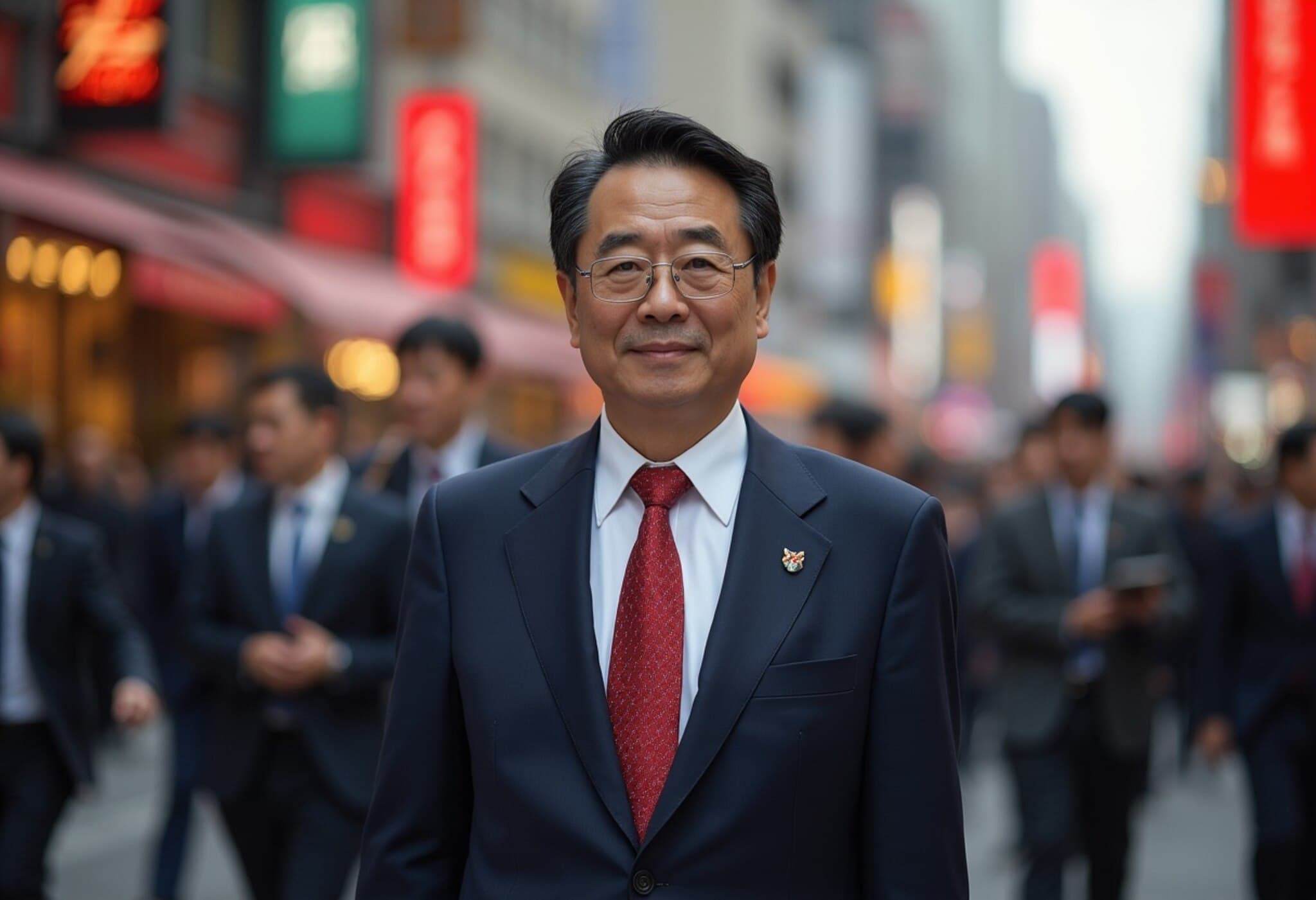Yemen Postpones Execution of Indian Nurse Nimisha Priya
The scheduled execution of Indian nurse Nimisha Priya in Yemen has been temporarily suspended, following interventions from diplomatic channels and religious authorities. However, the family of the deceased victim continues to stand firmly by their call for strict retribution, affirming a resolute 'no mercy' stance despite the delay.
Background: The Case of Nimisha Priya
Nimisha Priya, hailing from Kollengode in Kerala's Palakkad district, has been incarcerated in Yemen since her conviction for the 2017 murder of Yemeni national Talal Abdo Mahdi. A Yemeni court sentenced her to death in 2020, with her appeals dismissed by the country's Supreme Judicial Council as recently as November 2023. She is currently held in Sana’a, the Houthi-controlled capital of Yemen.
The Execution Postponed: Diplomatic and Religious Intervention
Initially slated for July 16, 2025, Nimisha's execution has been deferred after significant diplomatic efforts from the Indian government. Notably, India's Grand Mufti played a pivotal role in advocating for the postponement, symbolizing a sensitive blend of religious and political diplomacy.
Sources from New Delhi confirm that India has been actively engaged in seeking any possible avenue to delay the execution. The government’s goal is to secure additional time for both families to explore reconciliation, potentially through diyat — or blood money — a recognized practice under Yemeni law that can spare a convict from the death penalty.
Obstacles to Reconciliation
Despite these overtures, the family of the deceased remains unwavering. In a poignant statement on social media, Abdelfattah Mahdi, brother of Talal, expressed the family’s steadfast demand for justice through execution:
“There have been continuous attempts at mediation, but our position remains unchanged despite all pressures — our only demand is retribution.”
He described the execution's deferment as "unexpected" but cautioned that it does not reflect any softening of their resolve. "Delays and pressures will not change us. Blood cannot be bought. Retribution will come at God’s will and in due time," he stressed.
India’s Diplomatic Endeavors and Broader Implications
India’s response to this deeply distressing situation reflects broader themes within international relations and expatriate welfare. The country has consistently provided consular assistance to Nimisha and her family, including facilitating her mother’s travel to Yemen to appeal in person.
However, the geopolitical reality in Yemen — a nation at war, controlled by the Iran-backed Houthi movement — amplifies the complexity of securing justice and clemency. The use of diyat is rare, controversial, and dependent on the victim’s family approval, which remains elusive in this case.
Underreported Dimensions
- The Human Toll: Nimisha's case highlights the vulnerability of migrant workers, especially women in high-risk regions. The emotional and psychological impact on her family in Kerala and the Indian diaspora community merits deeper exploration.
- Legal Nuances: Yemen’s judicial system intertwines traditional tribal laws and Sharia, raising questions about the fairness of trials for foreign nationals amid instability.
- Diplomatic Challenges: India's ongoing negotiations reveal the fine balance between respecting local laws and protecting its citizens abroad, a diplomatic tightrope that many nations face.
What Lies Ahead?
The postponement, while a temporary reprieve, leaves Nimisha's fate hanging in uncertainty. It underscores ongoing tensions between justice and mercy, customary laws, and state diplomacy.
With the victim’s family unwavering and legal appeals exhausted, the question remains whether alternative solutions like blood money can bridge this fraught divide. The broader community, both in India and Yemen, watches closely as this poignant story of justice, grief, and survival unfolds.
Editor's Note
This case serves as a stark reminder of the intricate interplay between cultural legal systems and international diplomacy. It invites reflection on how migrant workers can be better protected and how justice systems in conflict zones address foreign nationals. The emotional dimension involved calls for empathetic dialogue — beyond legalities — to seek enduring resolutions without compromising on fairness or safety.



















